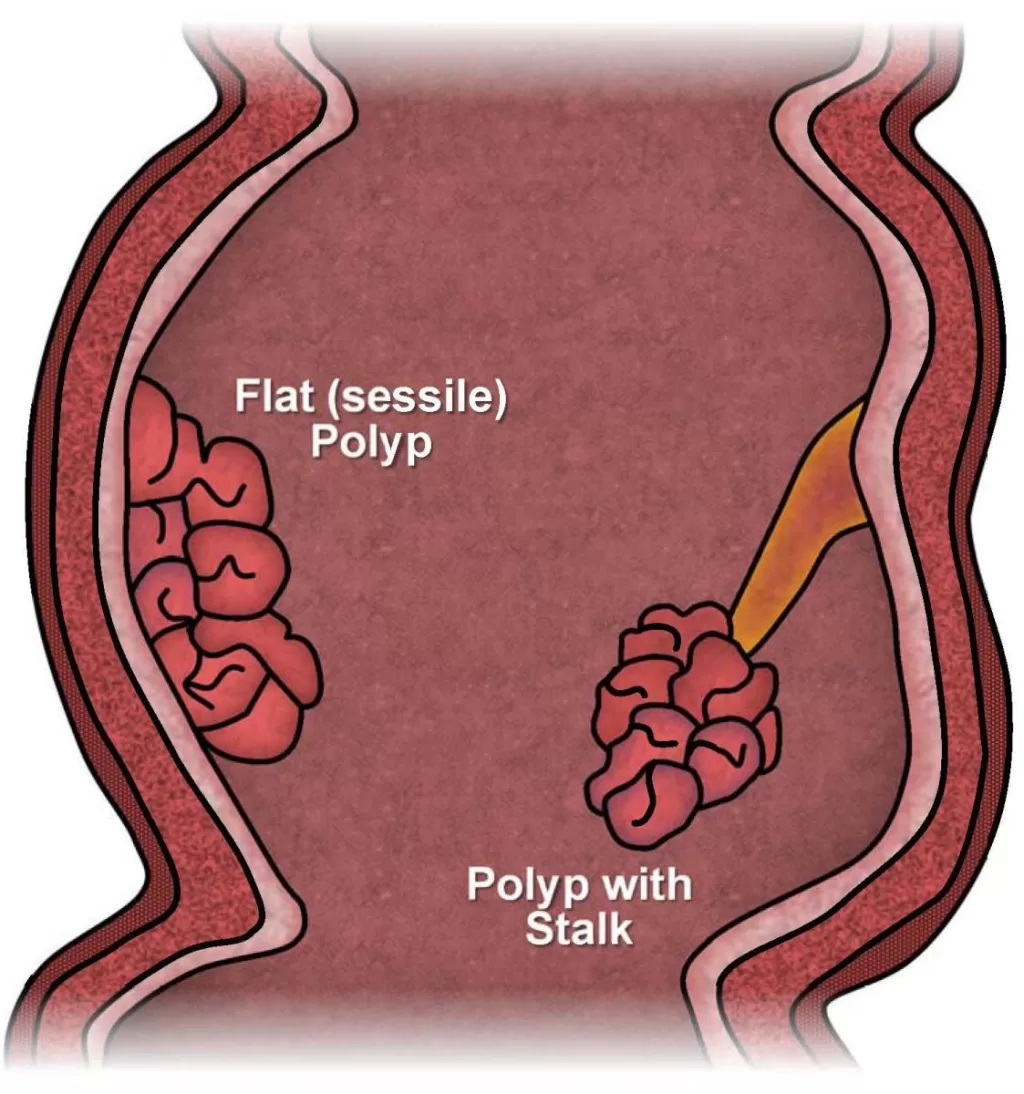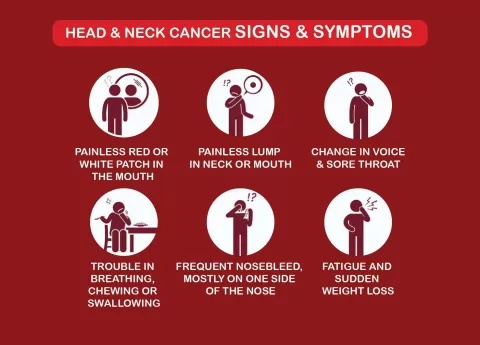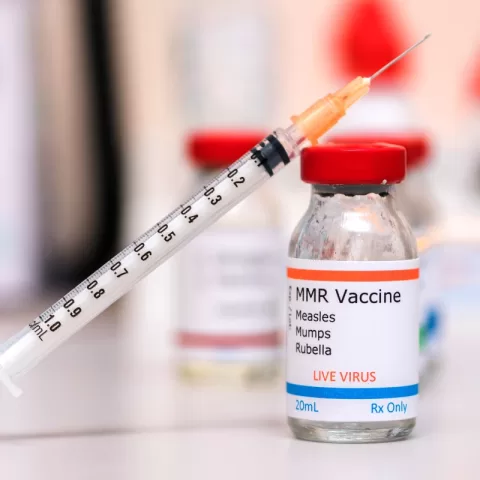Bowel polyps, small growths that form on the lining of the colon, are a significant concern in gastrointestinal health. Often benign in nature, these polyps can pose serious risks if left undetected and can potentially develop into colorectal cancer over time. Understanding the symptoms of bowel polyps is crucial for early intervention and effective management, particularly as many individuals remain asymptomatic. Regular colon screening recommendations suggest that individuals over the age of 45, or those with a family history of colon issues, should undergo routine evaluations to monitor for polyps. With proper bowel health advice, including dietary and lifestyle changes, risks associated with bowel polyps can be significantly mitigated, aiding in colorectal cancer prevention.
Colorectal polyps, often referred to as intestinal growths, are an important topic in digestive health awareness. Commonly found in the colon and rectum, these growths can develop silently, meaning many individuals may not experience noticeable symptoms until they require medical attention. If left unchecked, they can progress to more serious conditions such as colorectal carcinoma, making understanding their management a priority. Healthcare professionals recommend undergoing regular screenings to identify these polyps early, particularly in those at heightened risk, such as those over 50 or with a family history of intestinal disorders. By utilizing effective bowel management strategies and lifestyle recommendations, individuals can maintain their colon health and significantly reduce their risk of complications.
Understanding the Symptoms of Bowel Polyps
Bowel polyps often present silently, with many individuals being unaware they even have them. While the majority of polyps do not exhibit symptoms, it’s crucial to recognize the few warning signs that can indicate their presence. One significant symptom is changes in bowel habits; if you experience persistent diarrhea or constipation that deviates from your usual pattern, this could signal underlying problems. Additionally, the presence of blood in your stool is a serious indication that requires immediate medical attention, as it can suggest bleeding from a polyp.
Another important symptom to consider is unexplained weight loss. If you find yourself losing weight without making any changes to your diet or lifestyle, this could be a red flag associated with bowel polyps. Coupled with fatigue, which can stem from anemia linked to bleeding, these symptoms highlight the importance of recognizing any changes in your body. Regular consultations with healthcare providers for screenings and assessments are vital for anyone, especially those with risk factors, to catch potential polyps early on.
Management of Colon Polyps: Effective Strategies
Managing colon polyps effectively involves a multifaceted approach that includes regular screenings and lifestyle modifications. Regular colonoscopies are considered the gold standard for both detecting and removing polyps before they have the chance to develop into colorectal cancer. Health authorities recommend that individuals begin screening at age 45, or earlier for those with family histories of colorectal issues. This proactive strategy is fundamental for anyone at risk and can significantly reduce mortality rates associated with colon cancer.
In addition to screenings, lifestyle changes can play a crucial role in managing bowel health. Adopting a diet rich in fruits, vegetables, and whole grains not only helps maintain overall health but has been linked to a lower risk of polyp formation. Furthermore, engaging in regular physical activity and minimizing alcohol and tobacco use contributes positively to bowel health. These changes, combined with an awareness of one’s body and symptoms, create a robust framework for effectively managing bowel polyps.
Bowel Health Advice: Preventive Measures
To maintain optimal bowel health, integrating preventive measures into your daily routine is essential. Firstly, understanding the importance of fiber in your diet cannot be overstated. Foods high in fiber help prevent constipation and promote regular bowel movements, which can assist in reducing the risk of developing bowel polyps. Consider incorporating beans, whole grains, fruits, and veggies into your meals. This will not only enhance digestive health but can also minimize the chances of uncomfortable symptoms associated with bowel polyps.
In addition to dietary changes, staying hydrated is vital for maintaining bowel health. Drinking adequate amounts of water aids digestion and ensures that your body functions efficiently. Along with hydration, regular physical exercise is paramount. Engaging in activities such as walking, swimming, or cycling not only keeps your gastrointestinal system active but also plays a role in overall health and wellness. By adhering to these bowel health recommendations, you can significantly reduce your risk of colorectal issues.
Colorectal Cancer Prevention Through Early Detection
Preventing colorectal cancer starts with understanding the link between bowel polyps and cancer risk. While not all polyps will become cancerous, some can develop into malignant tumors if left untreated. This emphasizes the necessity of early detection through regular screenings. Studies have shown that identifying and removing polyps during colonoscopy can drastically reduce the incidence of colorectal cancer. This is particularly crucial for individuals over the age of 45 or those with risk factors such as family history.
Educational initiatives and awareness campaigns also play a significant role in colorectal cancer prevention strategies. By understanding the symptoms associated with bowel polyps, individuals are more likely to seek timely medical advice and screening. This vital knowledge can save lives due to the often asymptomatic nature of polyps until they progress to more serious conditions. Regular conversations with healthcare providers and staying informed about personal risk factors will empower individuals to take charge of their bowel health, ultimately playing a part in reducing colorectal cancer incidence.
Colon Screening Recommendations for Optimal Health
The impact of regular colon screenings cannot be overstated in the realm of bowel health management. Guidelines suggest that individuals begin screenings at age 45, with those having higher risk factors—such as a family history of colorectal cancer—encouraged to start earlier. Colonoscopy is the most comprehensive method for screening and can serve both as a diagnostic tool and a preventive measure by removing polyps during the procedure itself. This dual capability highlights its crucial role in maintaining colon health.
As part of a proactive health strategy, it’s essential to stay abreast of advancements in screening technologies and recommendations. The introduction of non-invasive screening options, such as stool tests, provides patients with alternatives that can increase participation rates in preventive care. Regardless of the method chosen, the key takeaway is the importance of regular monitoring and early intervention. By adhering to screening recommendations, individuals can play a significant role in preventing the potential progression of bowel polyps into more severe health issues.
Frequently Asked Questions
What are the common symptoms of bowel polyps and how can they lead to discomfort?
Bowel polyps often do not cause symptoms; however, if they do, symptoms might include abdominal cramping, changes in bowel habits, rectal bleeding, or unexplained weight loss. While bowel polyps themselves typically do not cause direct pain, associated issues like bowel obstruction or internal bleeding can lead to significant discomfort.
How is the management of colon polyps important for colorectal cancer prevention?
The management of colon polyps is crucial for colorectal cancer prevention. Regular screenings, particularly colonoscopies starting at age 45, can detect and remove polyps before they develop into cancer. Such proactive measures significantly lower the risk of serious complications associated with bowel polyps.
What bowel health advice should individuals follow to reduce the risk of developing bowel polyps?
To maintain bowel health and reduce the risk of developing bowel polyps, individuals should adopt a diet rich in fruits, vegetables, and whole grains, exercise regularly, and limit the consumption of alcohol and tobacco. These lifestyle changes support overall colon health and help in managing any potential polyps.
What colon screening recommendations are advised for those at risk of bowel polyps?
Colonoscopy is highly recommended for individuals at risk of bowel polyps, especially those over 45 or with a family history of colorectal issues. The CDC suggests beginning screenings at age 45, or earlier if risk factors are present, allowing for timely removal of any identified polyps.
Can bowel polyps cause changes in bowel habits or other gastrointestinal issues?
Yes, bowel polyps can lead to changes in bowel habits, such as persistent diarrhea or constipation. While many individuals with bowel polyps are asymptomatic, when symptoms do occur, they can indicate the need for medical evaluation to prevent complications such as bowel obstruction or internal bleeding.
| Key Points | |
|---|---|
| Definition of Bowel Polyps | Small clumps of cells in the bowel lining, common in those over 50 or with a family history. |
| Do They Cause Pain? | Typically do not cause pain directly; associated symptoms may occur. |
| Symptoms to Watch For | Abdominal pain, changes in bowel habits, blood in stool, unexplained weight loss, fatigue. |
| Screening Importance | Regular screenings (colonoscopy) are vital for early detection and removal of polyps. |
| Management Strategies | Healthy diet, regular exercise, limit alcohol and tobacco. |
| Recent Research | Focus on early-onset colorectal cancer and personalized management strategies. |
Summary
Bowel polyps are typically benign growths in the colon that do not usually cause pain, but they may lead to uncomfortable symptoms if not managed properly. Recognizing these symptoms, such as abdominal cramping, changes in bowel habits, or rectal bleeding, is crucial for early intervention and effective management. Regular screenings, particularly through colonoscopy, and lifestyle changes, including a healthy diet and exercise, play significant roles in mitigating symptoms and reducing the risk of colorectal cancer. Understanding bowel polyps and their implications is essential for maintaining gastrointestinal health and addressing any potential issues.
The content provided on this blog (e.g., symptom descriptions, health tips, or general advice) is for informational purposes only and is not a substitute for professional medical advice, diagnosis, or treatment. Always seek the guidance of your physician or other qualified healthcare provider with any questions you may have regarding a medical condition. Never disregard professional medical advice or delay seeking it because of something you have read on this website. If you believe you may have a medical emergency, call your doctor or emergency services immediately. Reliance on any information provided by this blog is solely at your own risk.







